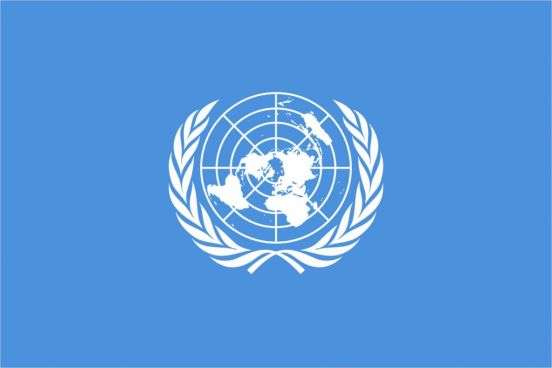In its intervention at the Human Rights Council, the Human Rights House Foundation (HRHF) called upon authorities of Azerbaijan and the Russian Federation to fully recognise the work of human rights defenders as an essential contribution to the development of society and called upon the Council to pay more attention to these countries, in which, more and more, the human rights violations have a systemic and systematic character.
Watch HRHF’s intervention (chapter
The right to peacefully assemble is de facto banned in the Republic of Azerbaijan. Human rights defenders, activists and journalists were arbitrary arrested at those protests.
Today, on 12 March 2013, the editor of Kural newspaper Avaz Zeynalli was sentenced to 9 years of imprisonment under falls charges of corruption.
Ahead of the presidential elections in October 2013, the fact that civil society organisations in Azerbaijan remain closed or cannot register, that peaceful protests are hindered and that dozens of people are imprisoned are very worrying.
AZERBAIJAN’S POLICIES AGAINST FREEDOM OF ASSOCIATION
Azerbaijan also uses national legislation to try to silence and repress human rights defenders in a systematic way, such as the legislation on NGOs, which is not in line with international standards as underlined by the European Commission for Democracy through Law (Venice Commission) in its opinion 636 / 2011 on NGO legislation in Azerbaijan.
On 10 March 2011 the Azerbaijan Human Rights House (AHRH) was forced to suspend its activities until a required agreement with the State was approved.
To date, the Human Rights House has not been allowed to reopen and partner NGOs are denied registration, such as the Election Monitoring and Democracy Studies Centre and the Human Rights Club, the latter well-known for coordinating the Eurovision related campaign Sing for Democracy, was denied registration on 19 February this year.
RUSSIAN FEDERATION’S WORRYING DEVELOPMENTS
In the Russian Federation laws were adopted over the last year aiming at criminalising the work and activities of human rights defenders. Russia’s authorities do not hide behind their objectives: after the massive May 2012 demonstrations, they will do everything necessary to avoid any kind of mobilisation, even if it means building up a system repressing most fundamental rights.
In practise, this means that human rights defenders cannot receive foreign funding without risking to be labelled as foreign agents, cannot protect victims without fearing repercussion, cannot promote all human rights without being branded as propagandists, and cannot organise assemblies freely.
Documents:
- 22 HR Council Azerbaijan and Russia
- HRHF calls upon Azerbaijan to stop harassing human rights defenders at United Nations
- Intigam Aliyev awarded with the Homo Homini Award
- Campaigning for strong human rights defenders at the Human Rights Council
- Azerbaijan continues to trend away from human rights
- HRHF raises situations in Azerbaijan and Russia at UN
- Azerbaijan, Belarus and Russia: worrying situations raised at the Human Rights Council
Right to reply of Azerbaijan:
The delegation of the Republic of Azerbaijan at the United Nations in Geneva have made a right of reply against the intervention of the delegation of Norway considered as being only the “imagination of the delegation of Norway in Geneva.” In addition, it considered the Human Rights House Foundation as not being an independent NGO and that it does not comply with the legislation of the Republic of Azerbaijan and therefore is not allowed to registered.
Related articles:





